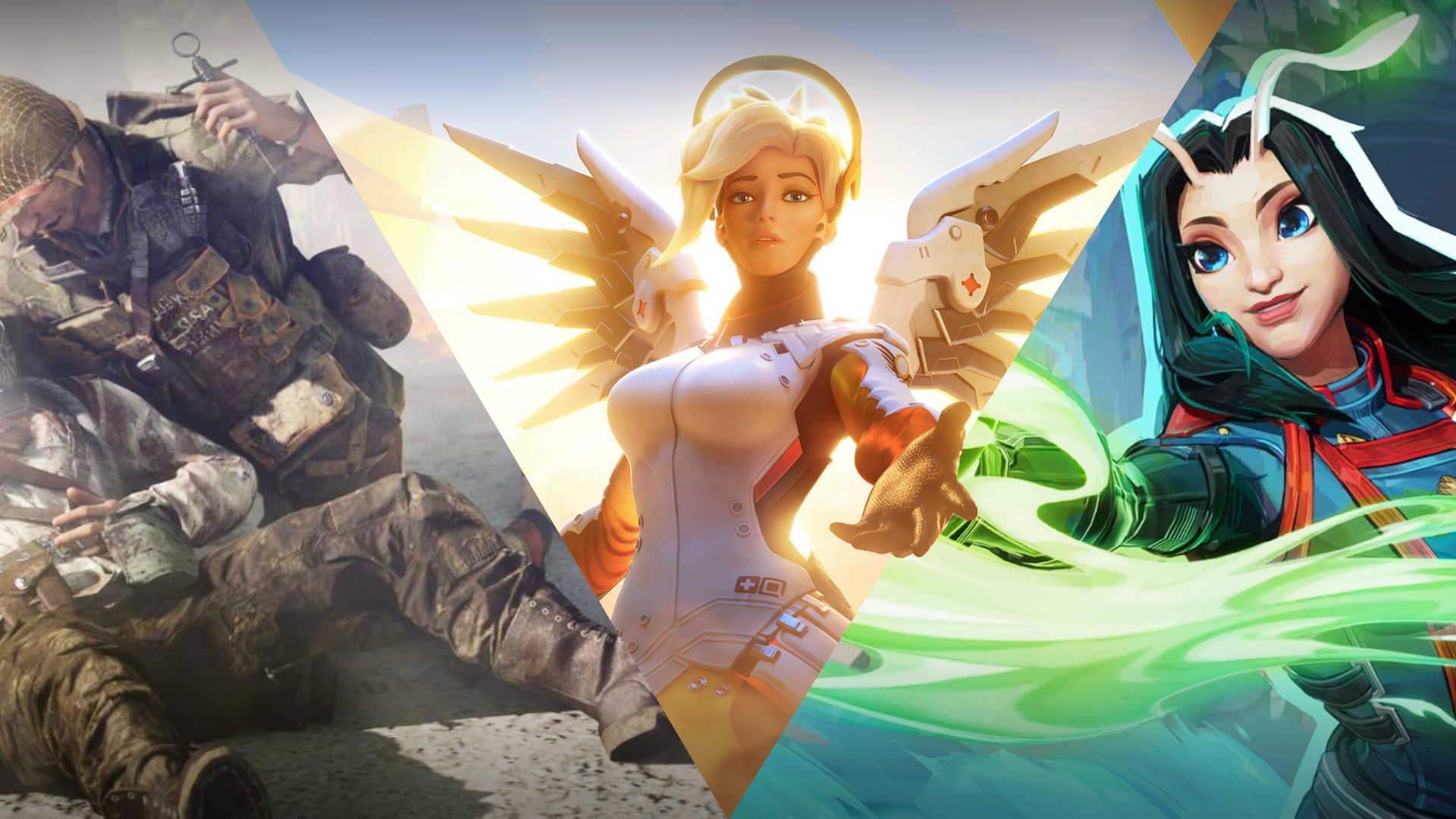Even in the past, healing-based characters were viewed with an embarrassed smile.
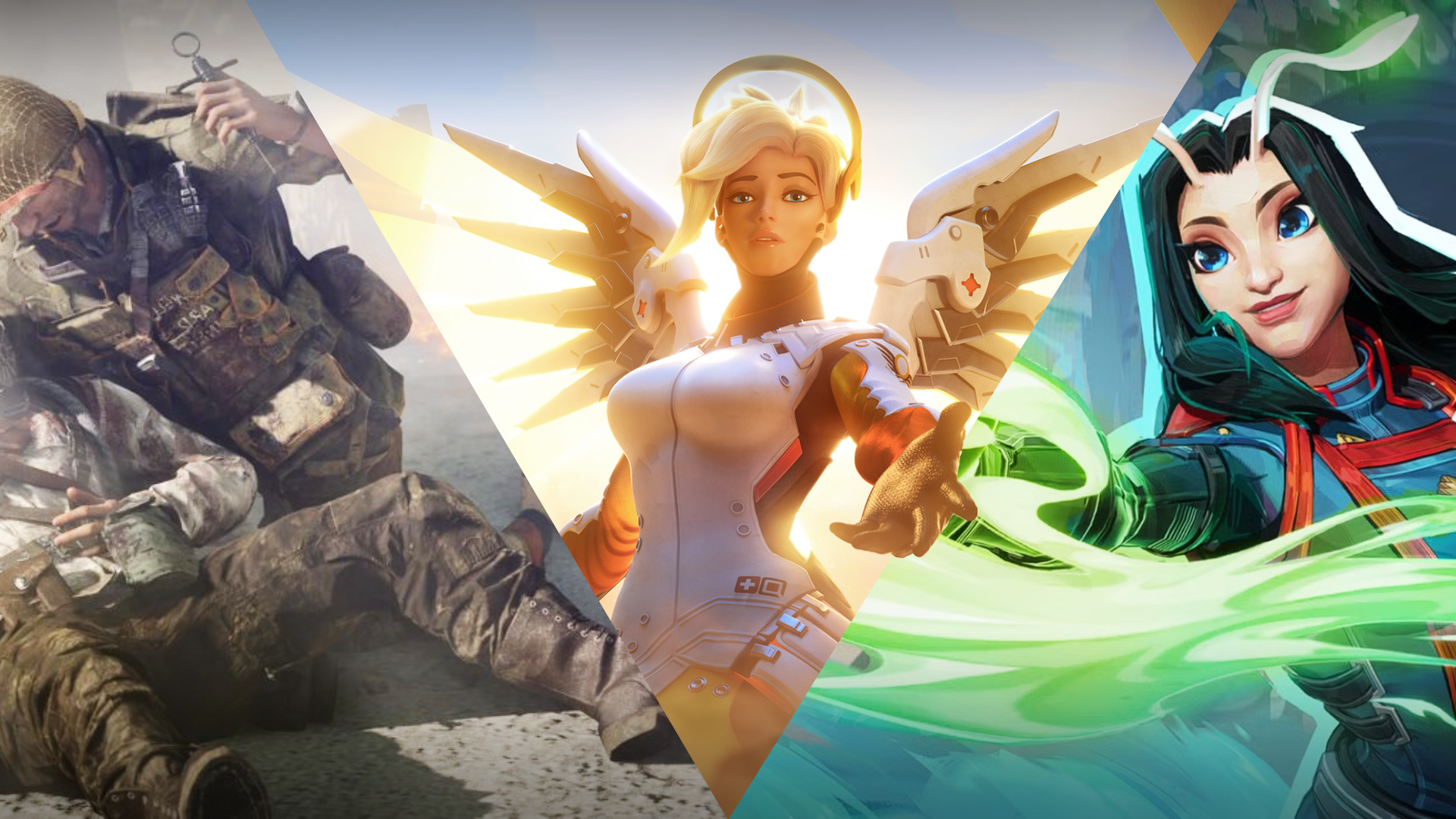
Time and again we hear that online games in particular are struggling with a lack of support players. One wonders: Why are there so few players who want to play supporters and healers? And what could be changed to make the role more attractive to all groups of people?
First of all: Some of the information in this article is my own opinion, speculation, but also partly an analysis of surveys and statistics. Do you have your own opinion on how this unfair distribution comes about? Feel free to write it in the comments and let us remain respectful to our loyal supporters!
As Old As Character Classes Themselves
Healers were already described as a class in the 1987 game “NetHack”, as characters who know their way around medicine and herbs and can make the difference between life and death. They also played major roles in some early RPGs such as Chrono Trigger or Final Fantasy. However, the "support" phenomenon increasingly found its place in the gaming world in online multiplayer games such as World of Warcraft. Today, healers are present in most games that offer different classes. But why do we keep hearing about problems caused by the extremely small number of players who actually play the role?
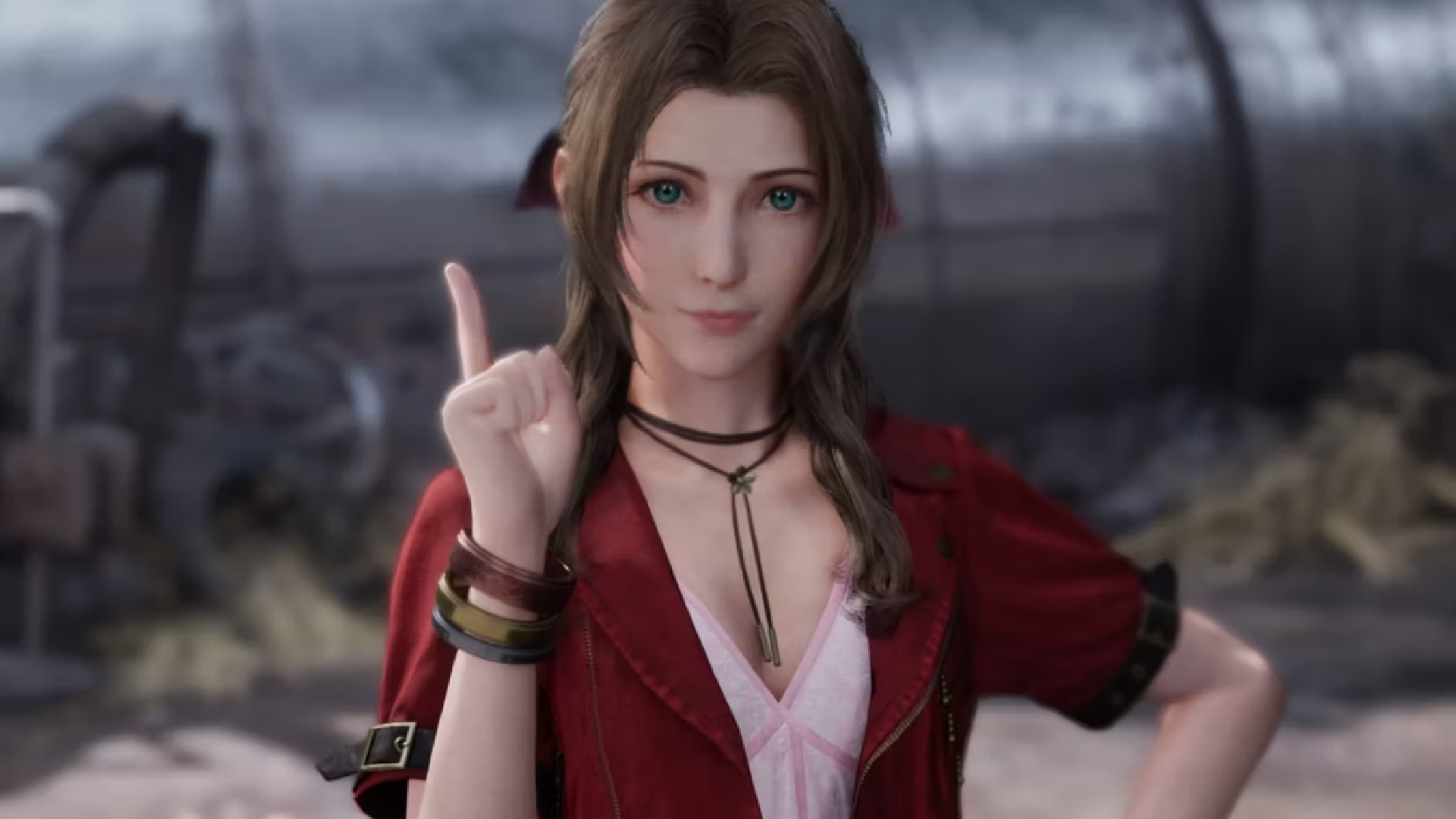
Big Numbers, Big Satisfaction
It's just satisfying to get a lot of kills, collect a lot of gold or deal a lot of damage. Many of these goodies are denied to Supports: Most of the time, the Support role is designed to sacrifice damage in order to better assist the team, which means that as a Supporter you leave the battle with no or few kills. Many players may find this unsatisfying, as in-game statistics often show the damage done and the resulting eliminations as the most important bit. This often creates the feeling that you have no real influence on events.
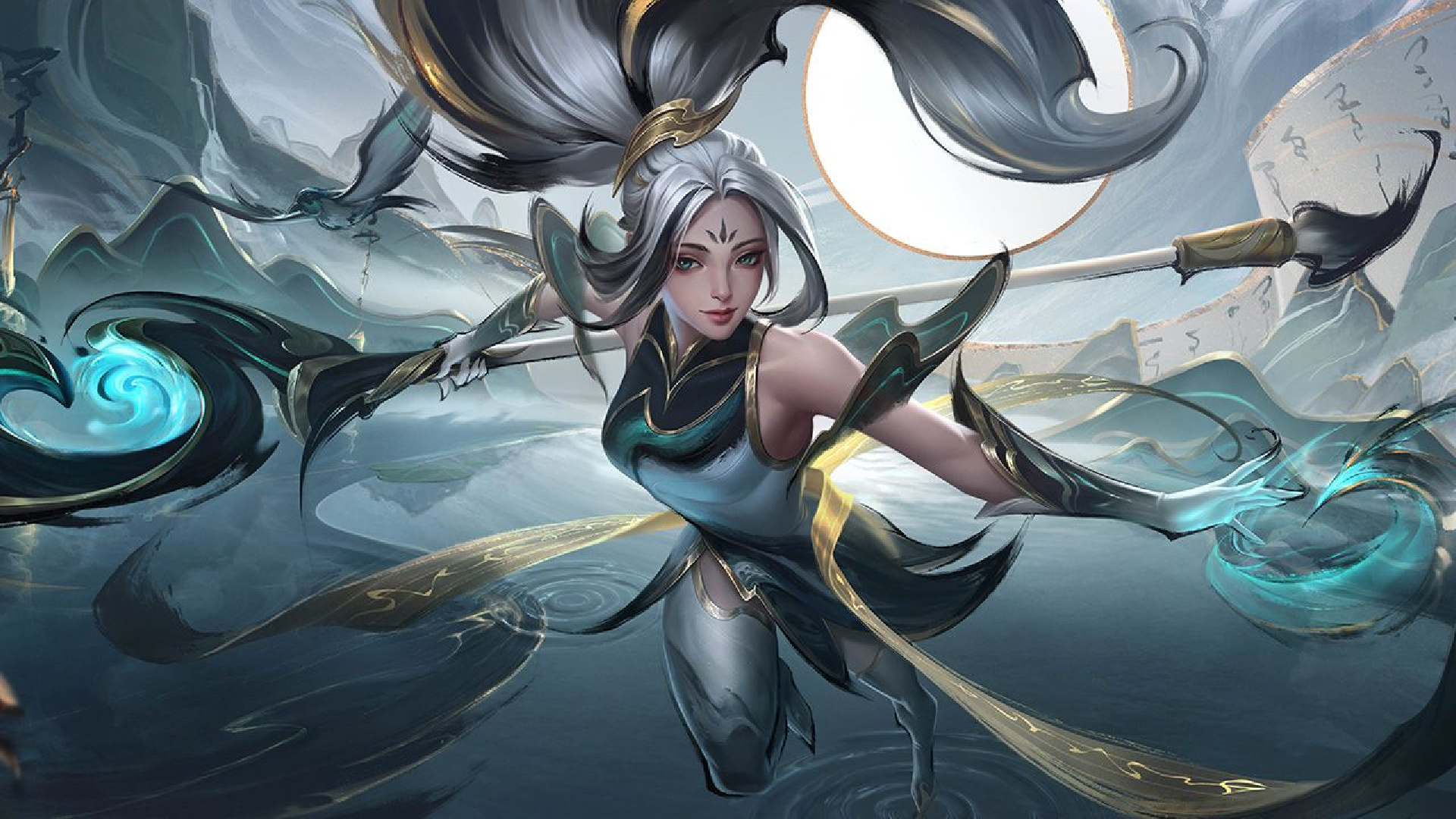
Unsatisfying Gameplay
This is exactly what makes the game often feel like a thankless experience. In games like Overwatch, you can often see that instead of being praised for doing your job well as a healer, you're more likely to get smacked around if you don't. You're often expected to be there for the overconfident teammate who just storms in 1 vs. 5, to make him immortal and most importantly: not to die in the process. Numbers are something you can see clearly, so it's hardly noticed that your Terrorist teammate in Counter-Strike throws the all-important Smoke in front of the Connector every round and can give you the most important information when he's 2-5.
It is also often the case that the support player cannot defend himself properly: With the ability to potentially keep his entire team alive, characters are often extremely vulnerable and get eliminated quickly. This can lead to a feeling of helplessness that takes all the fun out of it.
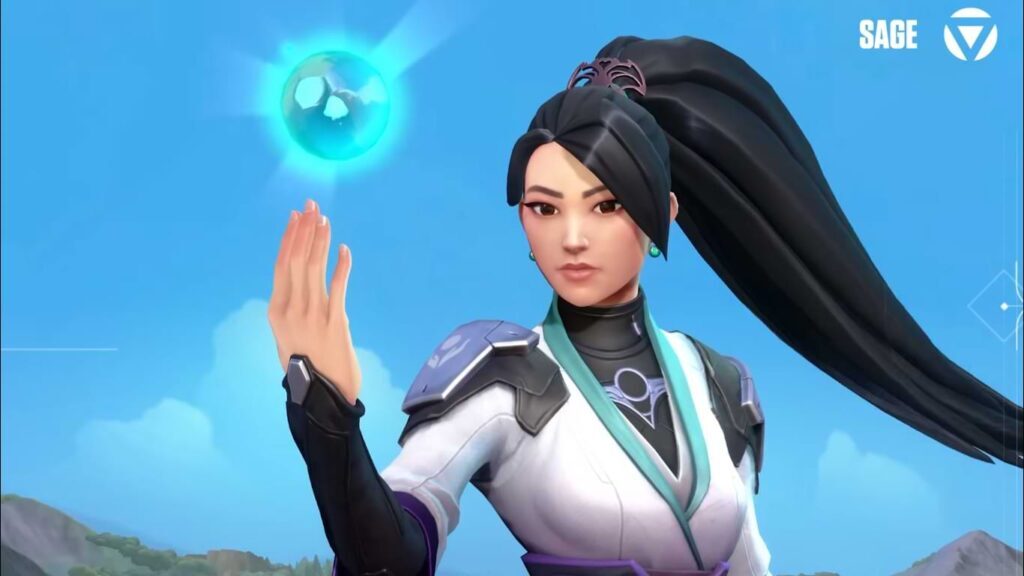
Character Design
A survey in the League of Legends client has shown that 97% of all players who identify as female only play female champions. That's not a bad thing at first, but when you look at the selection of “Enchanter Supports” (supports that boost or heal other champions), you realize that almost all of these characters have magical abilities, are often colorful and ooze cuteness. While other roles are home to muscle-bound strongmen or powerful witches, the whole thing almost looks like an enchanted forest in the support role. Since this is not only the case in LoL, because healers are often portrayed as mystical creatures, you have to like that, whether you're male or female, otherwise you'll have a hard time identifying with characters.
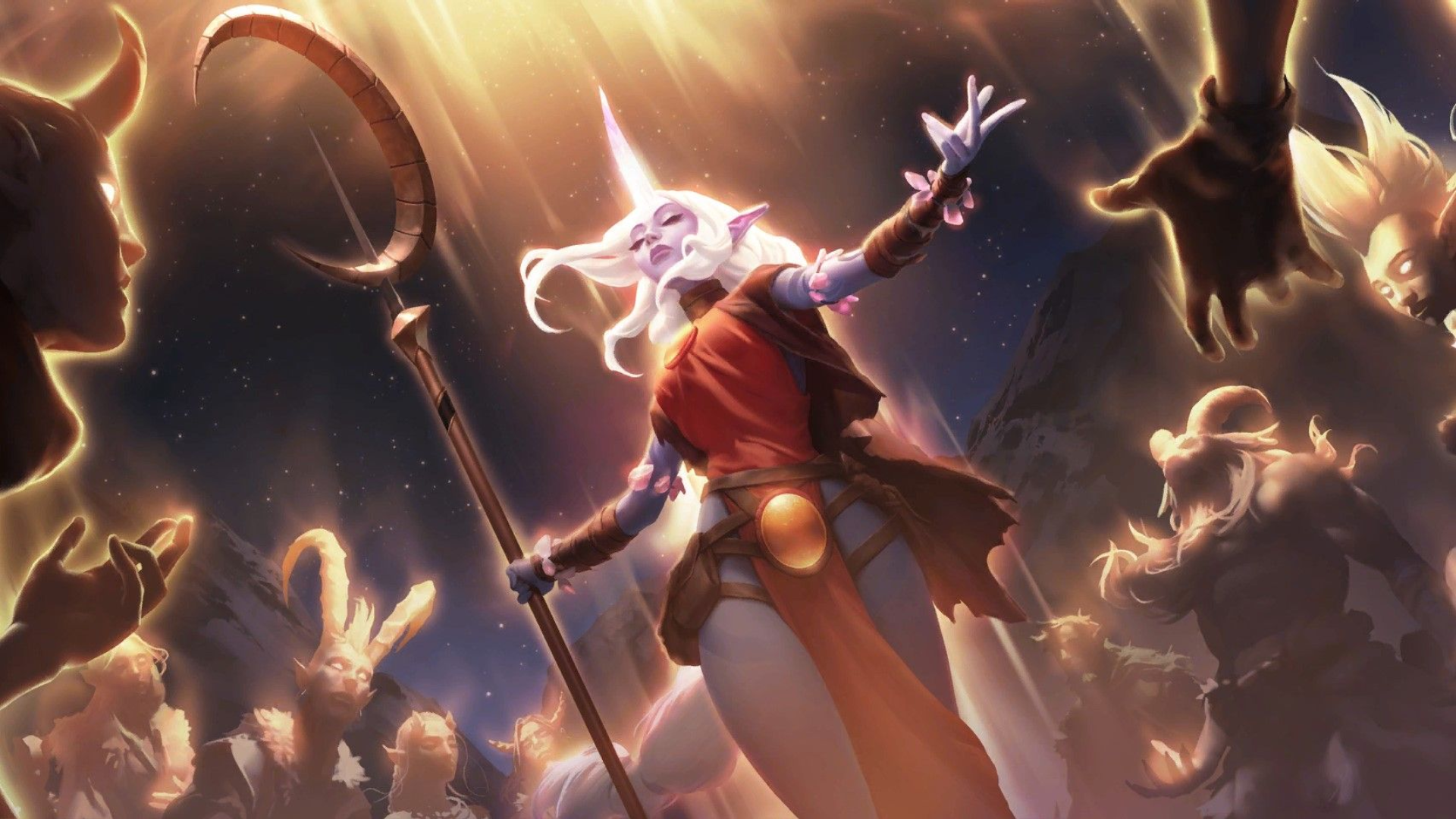
Make Supports Great
However, one thing can be said for sure: there are also games that make supporting a lot of fun. A great example is the bittersweet experience with medics from Battlefield: yes, he could use his defibrillator every now and then instead of playing Rambo. But the best of them managed to do both. Similarly, with the Medic in Team Fortress 2, it shows that gameplay that is designed to be supportive but leaves room to show off your skills can be incredibly satisfying.
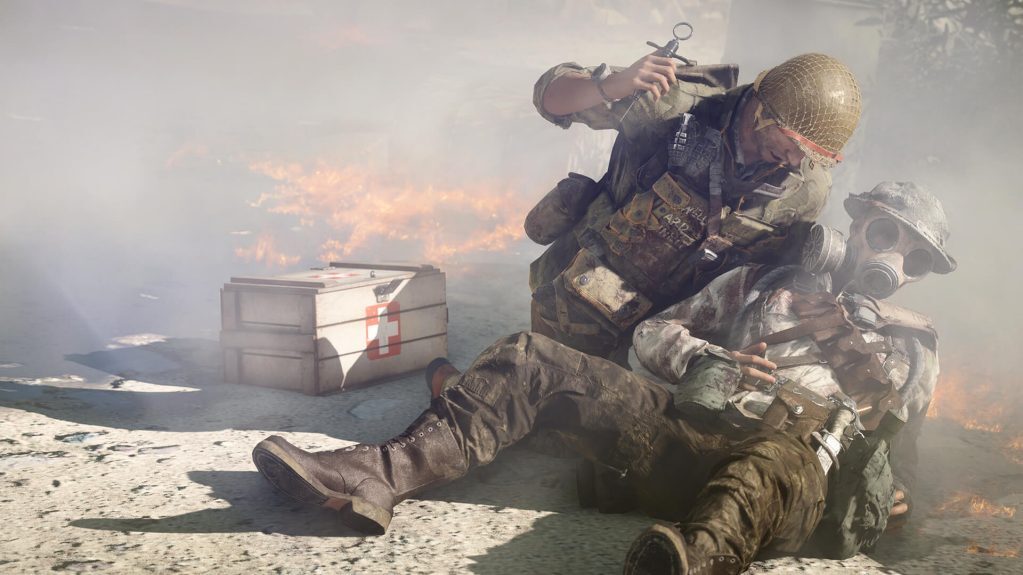
What about you? Have you been a support player from the very beginning, or are you not interested in the gameplay at all?


































